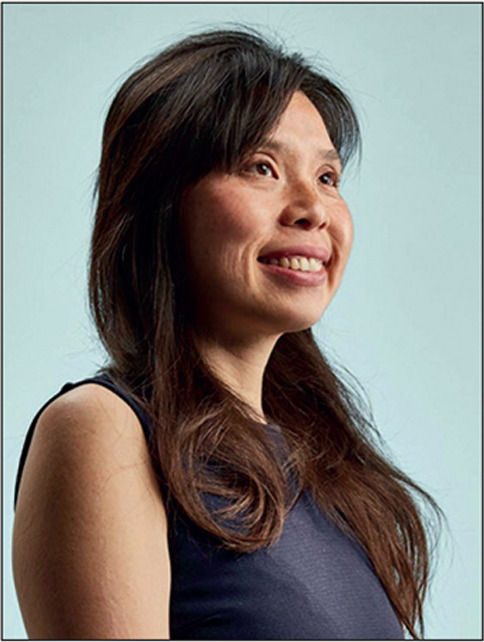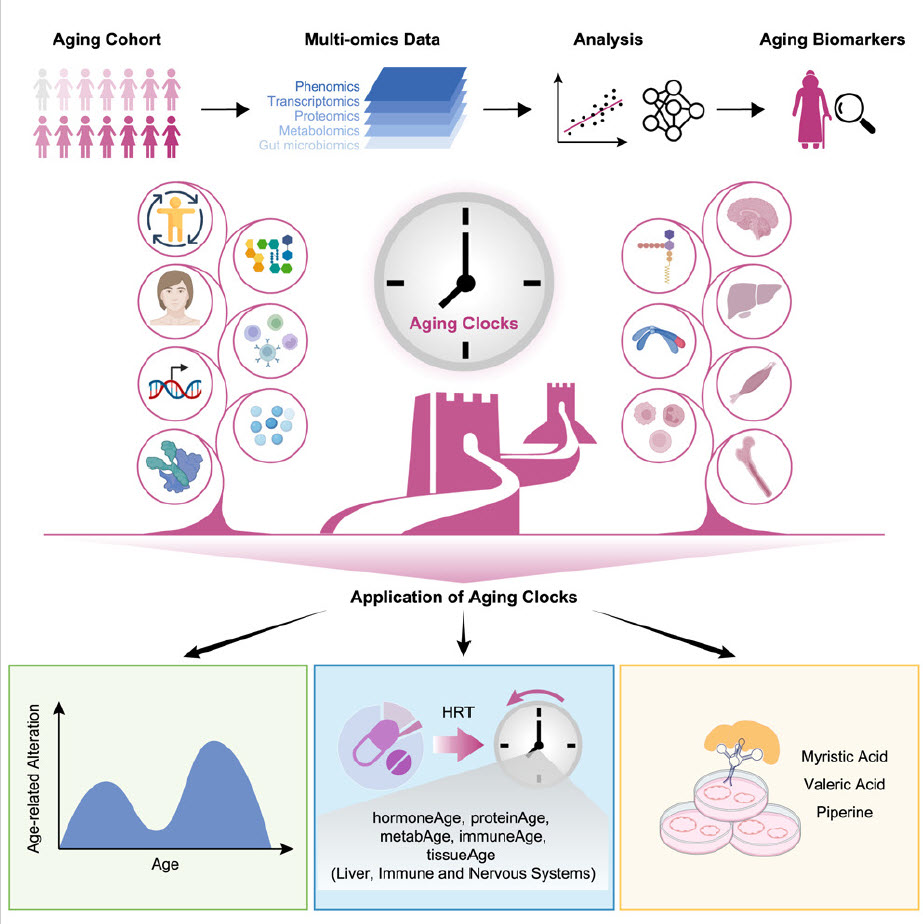First Nations Health and Wellbeing - The Lowitja Journal, Volume 1, 2023, 100003
The Accord comprises nine key principles that guide Aboriginal health research in South Australia: priorities, involvement, partnership, respect, communication, reciprocity, ownership, control, and knowledge translation and exchange. It provides a voice for Aboriginal communities to inform researchers on how they would like health research to be conducted in their communities. Consistently applying the nine principles of the Accord will increase the impact and benefit of health research for Aboriginal people in Australia.
Canadian Journal of Cardiology, Volume 39, November 2023
One Earth, Volume 6, 17 November 2023
The Lancet Regional Health - Europe, Volume 34, November 2023
The Lancet Child and Adolescent Health, Volume 7, November 2023
Med, Volume 4, 10 November 2023
The Lancet Rheumatology, Volume 5, November 2023


